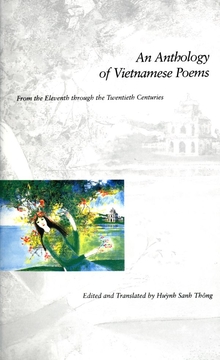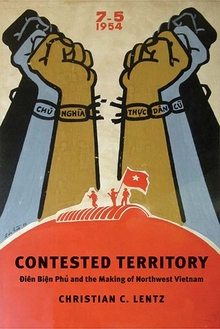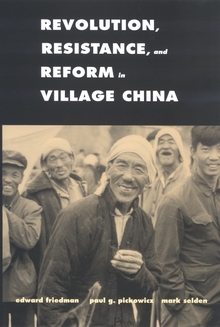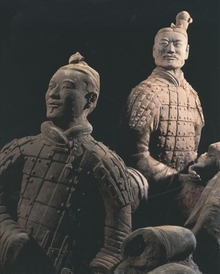Negotiating Daily Life in Traditional China
WARNING
You are viewing an older version of the Yalebooks website. Please visit out new website with more updated information and a better user experience: https://www.yalebooks.com
How Ordinary People Used Contracts, 600-1400
Valerie Hansen
Valerie Hansen translates and analyzes surviving contracts and also draws on tales of the supernatural, rare legal sources, plays, language texts, and other anecdotal evidence to describe how contracts were actually used. She explains that the educated wrote their own contracts, whereas the illiterate paid scribes to draft them and read them aloud. The contracts reveal much about everyday life: problems with inflation that resulted from the introduction of the first paper money in the world; the persistence of women's rights to own and sell land at a time when their lives were becoming more constricted; and the litigiousness of families, which were complicated products of remarriages, adoptions, and divorces. The Chinese even armed their dead with contracts asserting ownership of their grave plots, and Hansen provides details of an underworld court system in which the dead could sue and be sued. Illustrations and maps enrich a book that will be fascinating for anyone interested in Chinese life and society.
"There is very little analytic research in any language on the nature of Chinese contracts and their use in daily life. Hansen shows the impact of contracts and contractual thinking on all aspects of Chinese society, and she demonstrates how the attitudes of the state toward contracts changed from neglect and even aversion to increasing involvement. This is a valuable and eminently readable contribution to the field."—Barend J. ter Haar, University of Heidelberg
"This book is a powerful documentation of social and legal history showing the continuity of contracts that guided ordinary people's lives, against the backdrop of the politics of the educated elite and the ramifications of dynastic change in traditional China."—Jennifer W. Jay, The Journal of Asian Studies
"She has retrieved a lost past in a manner that is inspiring for its technical acumen that it required and delightful for its creative use of nontraditional sources."—Madeleine Zelin, Journal of Interdisciplinary History
"Hansen's book should prove valuable to a variety of audiences. . . . It provides a vivid picture of the traditional Chinese belief in the interactive relationship between the world of the living and the world of the dead. Hansen is to be commended for presenting a lucid analysis of a potentially difficult subject in an attractive way. This book is a welcome addition to the growing body of written materials bearing on those facets of traditional Chinese law that correspond to our civil law."—Brian E. McKnight, American Historical Review
"By following the sources wherever they lead and taking a broad and inclusive approach to the study of contracts in everyday life, Hansen has made an important contribution to Chinese legal studies and social history. The richness of this work and its generous presentation of primary materials will undoubtedly stimulate further research in legal studies, anthropology, and social and economic history."—Thomas Buoy, The Historian
"It is written with a breadth of concern that makes it easy to read and noteworthy on several points. It is also the first English-language monograph to discuss this topic and, moreover, the first in almost two decades to analyze Chinese social history with the aid of the medieval sources found in Dunhuang and Turfan."—Harvard Journal of Asiatic Studies
Publication Date: June 10, 2014
15 b/w illus.








